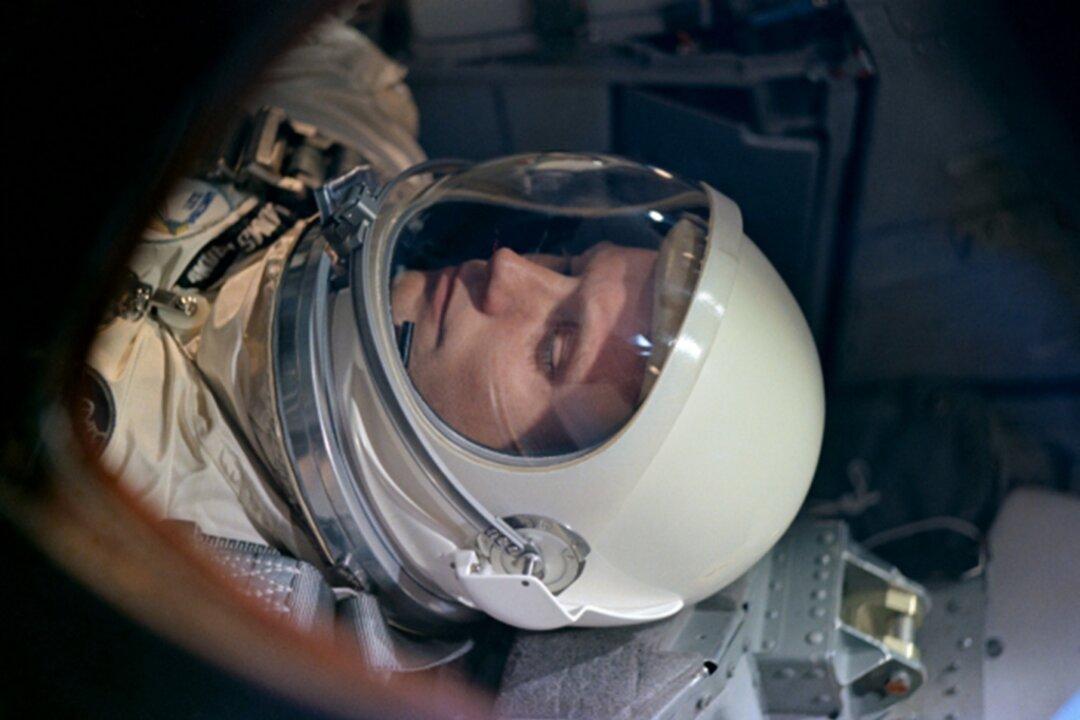Not rated | 1h 40min | Documentary, Biography | 12 July 2019 (USA)
This year of 2019 marks the 50th anniversary of the seminal Apollo 11 mission. As such, there is a veritable torrent of film and TV offerings that are covering this milestone of human history, including PBS’s “Chasing the Moon” and NEON’s “Apollo 11.”






